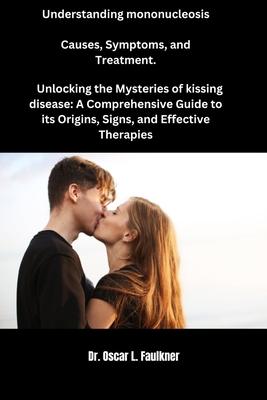Mononucleosis, commonly referred to as "mono," is an infectious illness primarily caused by the Epstein-Barr virus (EBV). It is characterized by a range of symptoms, including a sore throat, fever, swollen lymph nodes, fatigue, and often an enlarged spleen. Mono is often colloquially called the "kissing disease" because it is primarily transmitted through close contact with the saliva of an infected individual.
The illness typically begins with flu-like symptoms and progresses to more specific mono symptoms. While mono can affect individuals of all ages, it is most frequently diagnosed in adolescents and young adults. Recovery from mono can vary in duration, with some individuals experiencing lingering fatigue for weeks to months after the acute phase of the illness.
Managing mono involves rest, hydration, and symptom relief, as there is no specific antiviral treatment for EBV. Preventing the spread of mono requires good hygiene practices, avoiding close contact with infected individuals, and not sharing personal items.
Overall, mono is a viral infection that, while common, can vary in severity and duration, and it's important to seek medical advice and support if you suspect you have mono or have been diagnosed with it.
